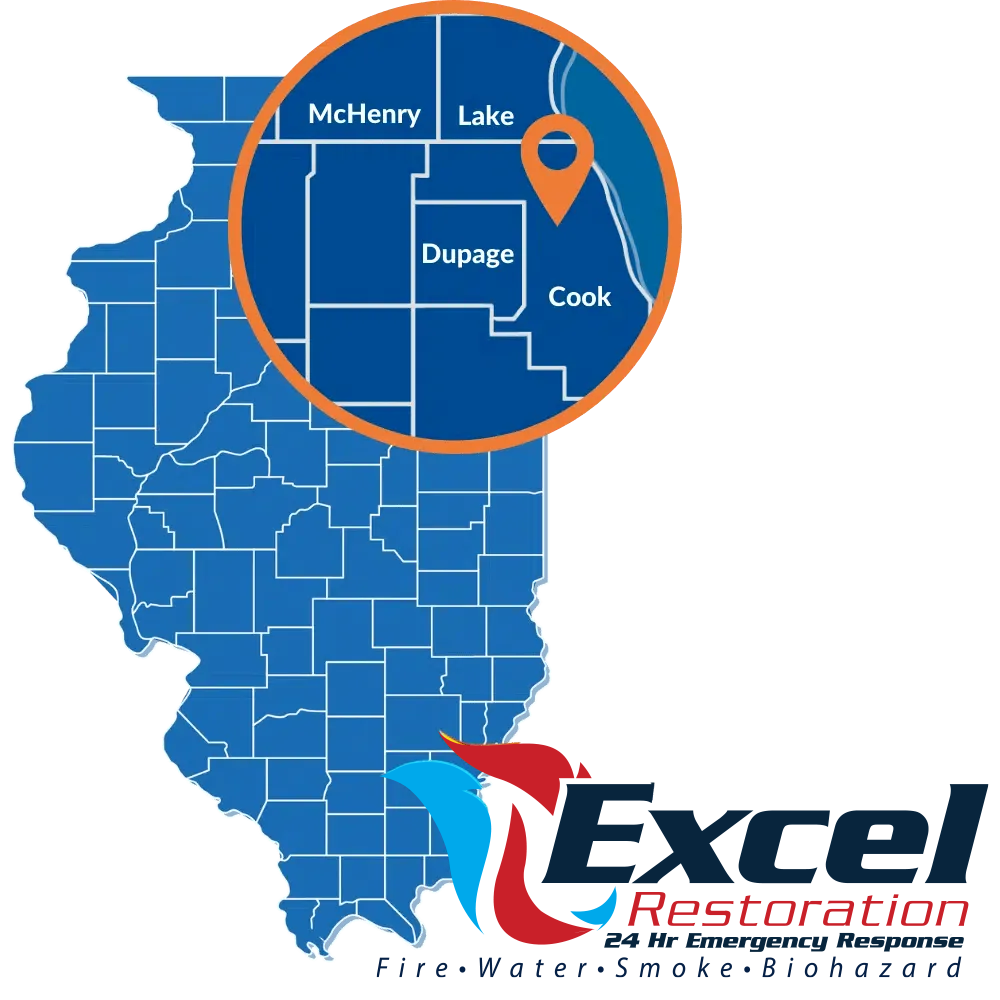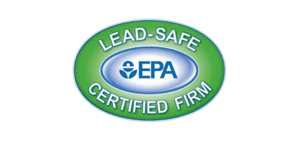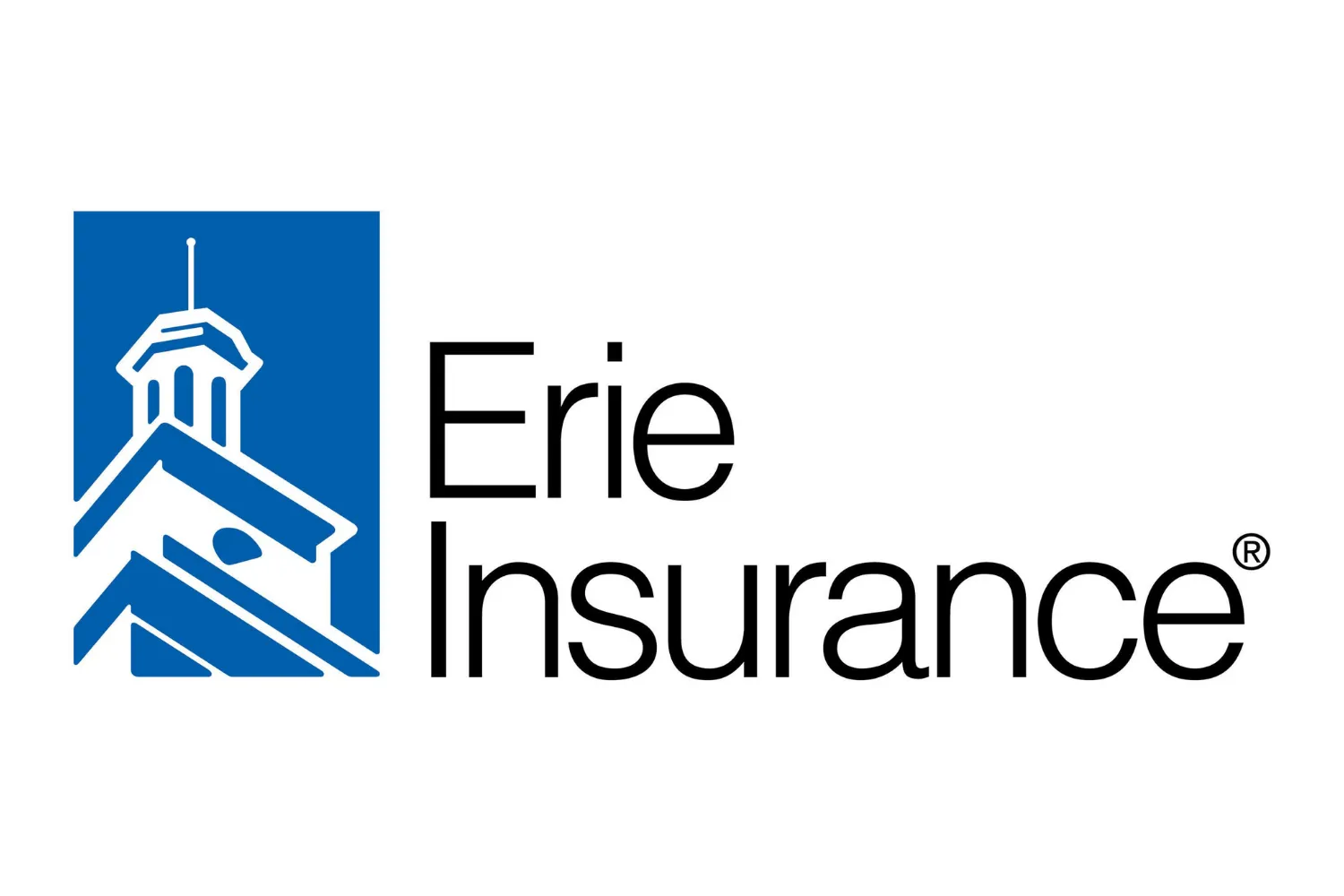Water damage is a serious issue that can cause substantial damage to your property if not addressed promptly. However, identifying water damage may not always be obvious. In this section, we will explore the signs and indicators that can help you determine if your property has water damage.
If you suspect that you have water damage, it’s crucial to take action immediately to prevent further damage and costly repairs. By understanding the signs that point to water damage, you can act quickly and prevent more extensive damage.
Key Takeaways:
- Water damage can cause significant damage to your property.
- Identifying water damage early is crucial to prevent further damage and costly repairs.
- Understanding the signs of water damage can help you address the issue promptly.
Recognizing Visible Signs of Water Damage
Water damage can have various visible signs in your property. Being aware of these signs can help you detect water damage early on, preventing further damage and costly repairs. Here are some of the visible signs of water damage:
Stains and discoloration: Water stains and discoloration on walls, floors, and ceilings can indicate water damage. These stains can range from yellow to brown and may appear in irregular shapes.
Peeling paint and wallpaper: Water damage can cause paint to peel, and wallpaper to bubble and peel away from the walls.
Musty odors: A musty smell in your home can be a sign of mold growth due to water damage.
Warped or buckled flooring: Water damage can cause wood floors to warp, buckle, or become discolored.
Mold growth: Mold growth is a clear indication of water damage and can appear as black, green, or white patches.
What to do if you notice visible signs of water damage
If you notice any visible signs of water damage, it’s crucial to act fast. The longer you wait, the more extensive the damage can become. Here are some steps to take if you notice visible signs of water damage:
Locate the source: Try to identify where the water is coming from and shut off the source if possible.
Document the damage: Take photos and videos of the damage to provide evidence for insurance purposes.
Call a professional: Contact a water damage restoration company to assess the damage and provide remediation services if necessary.
By recognizing visible signs of water damage early on, you can take the necessary steps to address the issue promptly and prevent further damage to your property.
Conducting a Water Damage Inspection
If you suspect that your property may have water damage, it is essential to conduct a thorough inspection to identify the extent of the damage. Here are the steps to follow:
Step 1: Turn Off the Water Supply
Before you conduct any inspection, make sure to turn off the water supply to prevent further damage that may result from a leak or burst pipe.
Step 2: Check for Moisture and Mold
Inspect your walls, ceilings, and floors for any visible signs of moisture, such as discoloration, peeling paint or wallpaper, or musty odors. Look for any signs of mold growth, as mold can spread quickly and cause serious health problems.
Step 3: Check for Leaks
Check for leaks in your pipes, faucets, and other plumbing fixtures. Look for water stains and discoloration on walls, floors, and ceilings. Use a flashlight to check for leaks in dark, hard-to-reach areas.
Step 4: Check for Damage to Appliances and Electronics
If there has been water damage in your property, there may be damage to appliances and electronics. Check for any signs of damage to your washing machine, dishwasher, or air conditioning system.
Step 5: Call a Professional
If you notice any signs of water damage that you cannot address on your own, it is best to call a professional. A water damage restoration specialist can conduct a more thorough inspection and provide you with an estimate for repair and restoration work.
By conducting a thorough water damage inspection, you can identify the extent of the damage and take appropriate action to prevent further damage. Remember that early detection is key to avoiding costly repairs and ensuring the safety and health of your family or employees.
Water Damage Restoration and Repair McHenry County, IL
If you have discovered water damage in your property, it is crucial to address it promptly to prevent further damage and potentially hazardous mold growth. Water damage restoration and repair involves several steps, including:
1. Water extraction: The first step is to remove all standing water from the affected area. This is typically achieved using specialized equipment such as pumps and vacuums.
2. Drying: Once all standing water is removed, the affected area must be thoroughly dried to prevent the growth of mold and other harmful bacteria. This may require the use of dehumidifiers and industrial-grade fans.
3. Cleaning: After the affected area is completely dry, all surfaces must be thoroughly cleaned and sanitized to prevent the growth of mold and bacteria. This may involve the use of specialized cleaning solutions and equipment.
4. Repairs: Depending on the extent of the damage, repairs may be needed to restore the affected area to its pre-damage condition. This may include replacing damaged drywall, flooring, and other materials.
If you are dealing with water damage, it is important to hire a reputable and experienced water damage restoration and repair company. Look for a company that is licensed, insured, and certified by industry associations such as the Institute of Inspection Cleaning and Restoration Certification (IICRC).
By taking prompt action and hiring a professional restoration and repair company, you can minimize the damage and get your property back to its pre-damage condition as quickly and safely as possible.
Understanding Water Damage Insurance Coverage
Water damage can happen unexpectedly and without warning in your property. It’s essential to know the ins and outs of your water damage insurance coverage to protect your property and your finances.
First, it’s important to understand that not all water damage is covered by insurance. Most policies cover damage caused by sudden and accidental incidents, such as burst pipes or a leaking roof. However, damage caused by neglect or wear and tear is often not covered.
Review your policy to determine what is covered, the extent of coverage, and any exclusions or limitations. Some policies may have a separate deductible for water damage, which can be higher than your standard deductible.
If you experience water damage in your property, take immediate action to mitigate the damage and contact your insurance company as soon as possible. Document the damage with photographs or video and provide a detailed description of the incident.
Your insurance company may send an adjuster to assess the damage and determine the amount of coverage available. Be sure to ask questions and understand the process, including any out-of-pocket expenses you may be responsible for.
Keep in mind that insurance companies may try to minimize the amount of coverage they provide, so it’s important to advocate for yourself and your property. Consider working with a public adjuster or attorney if you feel that you are not receiving fair compensation for your damages.
Overall, understanding your water damage insurance coverage is crucial for protecting your property and finances. Take the time to review your policy, document any incidents, and advocate for yourself to ensure that you receive the coverage you deserve.
Preventing Water Damage in North West Chicago
To avoid the hassle and expense of dealing with water damage, it’s important to take proactive measures to prevent it. Here are some practical tips you can follow:
1. Check for leaks: Regularly check your pipes, faucets, and appliances for leaks or signs of corrosion.
2. Maintain your gutters: Keep your gutters and downspouts clean and free of debris to avoid water damage to your roof and foundation.
3. Monitor your water bill: A sudden increase in your water bill could indicate an undetected leak. Keep an eye on your bill and take action if you notice an unusual spike.
4. Install water alarms: These handy devices can alert you if there is a leak or excess moisture in your home, allowing you to address the issue promptly.
5. Insulate pipes: Insulating your pipes can help prevent them from freezing and bursting during colder months.
6. Be mindful of landscaping: Make sure any trees or shrubs near your property don’t have invasive roots that could damage pipes or your foundation.
By following these tips and being mindful of potential risks, you can significantly reduce your chances of experiencing water damage in your property.
Assessing and Remedying Water Damage in Cary, IL
If you have discovered water damage in your property, it is critical to assess the extent of the damage. This step is crucial to understanding what remediation measures are necessary, including repairs and restoration.
The first step in assessing water damage is to determine the source of the water. If it is from a burst pipe, for instance, you must shut off the water supply to prevent further damage. If it is from flooding, you will need to remove the water and identify what objects have been affected.
Next, you need to determine how far the water has spread and what materials have been damaged. This process is essential for creating a remediation plan and is typically completed by professionals. The inspection will include assessing the damage to flooring, walls, and ceilings, as well as any furniture or appliances that have been affected.
Once you have assessed the extent of the damage, you can develop a remediation plan. Depending on the severity of the damage, this could include cleaning, drying, repairing, or replacing affected items. In some cases, professional restoration services may be necessary to ensure that the water damage is adequately addressed.
Professional Remediation Services in McHenry County
If you are dealing with extensive water damage, it may be best to call in a professional remediation service. These professionals have the experience and equipment necessary to assess the damage, create a remediation plan, and carry out the necessary repairs and restoration work.
When choosing a professional remediation service, it is essential to look for a company with experience in dealing with water damage. Look for providers with a good reputation, and who have the necessary certifications and licenses. You should also ask for references and proof of insurance before hiring a remediation service.
In conclusion, assessing and remedying water damage requires a thorough inspection of the affected area and developing a remediation plan. Depending on the severity of the damage, you may need to hire a professional remediation service to ensure the damage is adequately addressed. Remember to work with reputable providers and stay on top of necessary repairs and restoration work to preserve your property and prevent future damage.
Contact Excel Fire And Water Damage Restoration Services at 155 Chicago St Unit J, Cary, IL 60013 by calling 1-866-377-0034 now

















